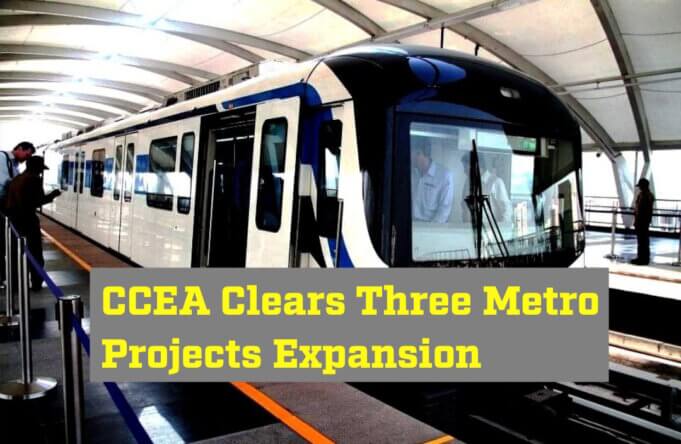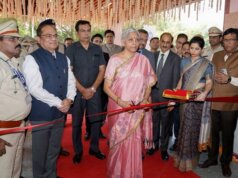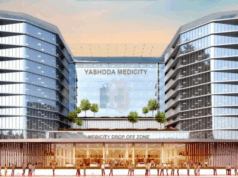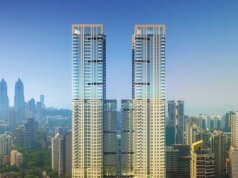Pune Metro Phase-1 Project Extension
On 16 August 2024, the Union Cabinet, under the leadership of Prime Minister Narendra Modi, sanctioned the extension of the Swargate to Katraj Underground Line as part of Pune Metro Phase-I. This extension, designated as Line-1B, will stretch over 5.46 km, encompassing three underground stations that will connect Market Yard, Bibwewadi, Balaji Nagar, and the Katraj suburbs.
The primary objective of this project is to enhance urban mobility in Pune, with a completion date set for February 2029. The total cost is Rs. 2954.53 crore, with financial contributions equally divided between the Government of India, the Government of Maharashtra, and additional support from bilateral agencies.
The Line-1B extension will seamlessly integrate with the Swargate Multimodal Hub, which includes the Metro Station, MSRTC Bus Stand, and PMPML Bus Stand. This integration is expected to significantly improve connectivity between the southern parts of Pune and the northern, eastern, and western regions of the city, particularly through the District Court interchange station.
This new corridor is designed to link various bus stops, railway stations, and recreational areas, including the Rajiv Gandhi Zoological Park and Taljai Hillock, as well as residential zones, educational institutions, and major business hubs. The project is poised to provide a faster, more economical transportation option, benefiting thousands of daily commuters, including students, small business owners, and professionals.
Maha-Metro will be responsible for executing the project, and overseeing civil works, electro-mechanical systems, and associated facilities. Preparations for tender documents are already underway, with contract bidding expected to commence soon.
Thane Integral Ring Metro Rail Project
The Union Cabinet has also cleared the Thane Integral Ring Metro Rail Project. This 29-kilometer corridor will encircle the western periphery of Thane city, featuring 22 stations. The route is strategically placed between the Ulhas River and the Sanjay Gandhi National Park (SGNP).
The project is estimated to cost Rs. 12,200.10 crore, with funding equally shared by the Government of India and the Government of Maharashtra. Additionally, innovative financing methods, such as selling station naming rights and asset monetization, will be utilized to raise funds.
The Thane Metro corridor will connect major business hubs, providing an efficient transportation option for a significant portion of the workforce. Maha-Metro will oversee the project execution, including civil and electro-mechanical works. Pre-bid activities are already in progress, and tender documents are being prepared, with contract bidding expected to begin shortly. The project is slated for completion by 2029.
Bangalore Metro Rail Project Phase-3
On the same day, the Union Cabinet also approved Phase 3 of the Bangalore Metro Rail Project. This phase includes two elevated corridors totalling 44.65 km, with 31 stations. Corridor-1 will run from JP Nagar 4th Phase to Kempapura along the Outer Ring Road West, covering 32.15 km with 22 stations. Corridor-2 will extend from Hosahalli to Kadabagere along Magadi Road, spanning 12.50 km with 9 stations.
Upon completion, Phase 3 will expand Bengaluru’s metro network to 220.20 km. The project, with an estimated cost of Rs. 15,611 crore, will enhance connectivity in the western parts of the city, including the Peenya Industrial Area, IT hubs on Bannerghatta Road, and Tumkur Road’s manufacturing units.
Phase 3 is expected to improve last-mile connectivity to commercial centres, industrial hubs, educational institutions, and healthcare facilities, thereby facilitating better access for residents. The metro’s expansion is anticipated to reduce traffic congestion on heavily used routes like the Outer Ring Road West and Magadi Road, leading to smoother vehicular movement, reduced travel time, and increased road safety.
The extension of the metro network is seen as a crucial step toward providing an efficient alternative to road transport, promoting sustainable urban development in Bengaluru.











